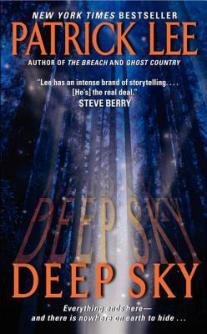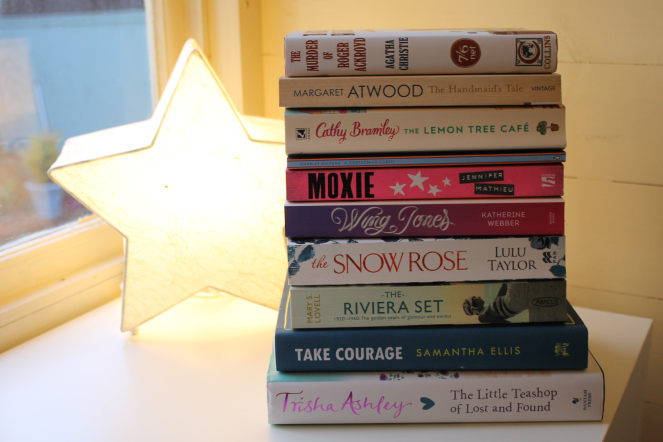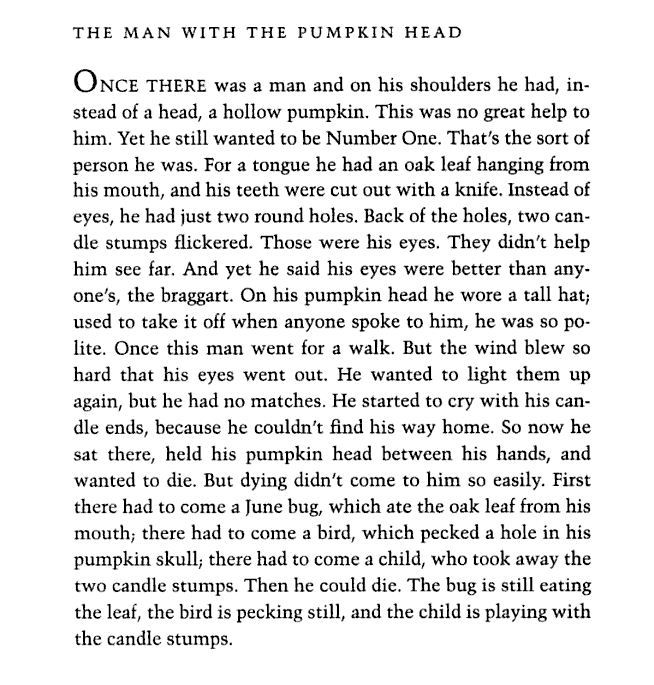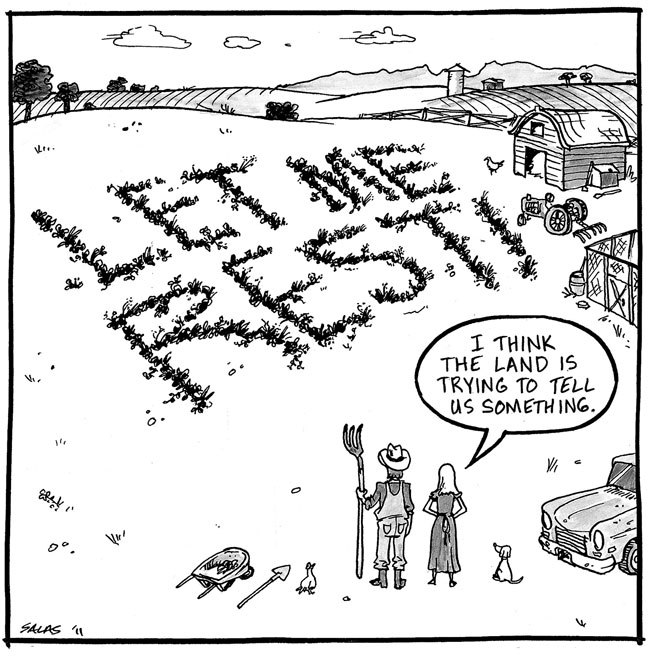The fact that there is a “dark fluff” genre of occult writing doesn’t surprise me. Anyone who starts to look for meaning outside established channels of consensus culture encounters poorly written, poorly sourced occultnik marketing before long (sometimes immediately). And it has forced most of us to carry on a lifelong search for better materials, more authoritative texts, and generally better sources—which does not automatically mean they must be more scholarly or academic.
Rather, we tend to prize books that are responsibly and sincerely written according to the tradition in question. This often means the author has done research to the best of his or her ability and access, but it could simply mean that the anecdotal parts of an occult text are framed as such and the speculation is carefully identified.
The quest for quality occult writing is particularly important to educated ceremonial magicians who care about the provenance and history of their grimoires and of the magical discourse still very much alive and well all over the world. Like most of my articulate, reasonably sane, magically active associates, I am constantly seeking out new books. It’s a side of the magical life I particularly enjoy—the research side, which has a magic all its own.
Two great examples of non-scholarly yet well-written and responsible occult texts might be THEE PSYCHICK BIBLE: Thee Apocryphal Scriptures ov Genesis Breyer P-Orridge and Thee Third Mind ov Thee Temple ov Psychick Youth and Alejandro Jodorowsky’s Psychomagic: The Transformative Power of Shamanic Psychotherapy. These two come immediately to mind because they are very explicit about what is unverified gnosis (UPG) and technique. They set up a teaching dichotomy between anecdote and praxis to empower the reader in her own pursuits—not simply to aggrandize the experiences of the authors.
Unfortunately, for every Joseph Peterson, Jake Stratton-Kent, Jose Leitao, Peter Carroll, Ramsey Dukes, Daniel Harms, and Peter Mark Adams, there are a hundred pretenders, who seem to be writing occult literature simply because it amuses them or makes them feel special. No one ever got rich off occult publishing. So the question I’ve asked for years is: why pedal worthless or pirated or wholly fantastical occult books? Why would someone take the time and effort to claim that they have an insight or that they are the inheritor of a tradition that either does not exist or that they have never encountered outside their own imaginations?
I still don’t have a good answer to this. The best I can do is come to the sad conclusion that some people need to feel special and wise. In terms of cynical e-commerce, I can understand groups or individuals trying to interest potential followers by self-publishing low-cost occult books that promote their spiritual systems. That’s just another form of easily identifiable marketing. But just as there was a massive surge in poorly written mass-market Wiccan / neopagan texts in the 1980s and early 1990s, there now seems to be a horrendous glut of “dark fluff” grimoires, especially self-published through Createspace and Lulu.

Last year’s dark grimoires of ultimate power.
So what is “dark fluff”?
As a sorcerer for hire and a long-time member of the Studio Arcanis community of advanced practitioners, I often get public and private questions that go like this: I just bought Codex Diabolicus Maximus by Mordred Darktoe and I want to use it to destroy my ex’s life. Does it work? There is so much wrong with such a question (even in more subtle incarnations like: I’m wondering what your experiences with Darktoe’s works have been . . . ). It’s one step removed from “spell begging” (where a person who has not done his or her homework asks a more experienced practitioner for a freebie) and it doesn’t reflect well on the questioner regardless of whether or not destroying someone’s life happens to be right or wrong.
As a conjure worker, I’m no stranger to people revealing that their innermost desire is to seek small-minded revenge on someone for some perceived wrong. Usually, the preferred punishment is far out of proportion to the crime, having to do with a breakup, an undeserved promotion, an insult, or even someone not paying enough attention. People (maybe most people) feel powerless and insignificant in their lives. And if they have some kind of latent magical sensitivity but not a lot of confidence, they will seek out a conjure worker to help them get emotional satisfaction on a cruel world.
I understand and I listen to such requests without passing moral judgment. Part of my job is to bring the client’s motivations and feelings into the light of truth where we can intelligently face them together. Only then can we fix the situation. This is the unpublicized part of being a spiritual worker in one’s community (even if that community is online).
But sometimes the person has so much resentment, feels so belittled by the world, that she wants the power to subjugate everyone and everything: more money, more sex, more power, more revenge, more dominance. This person has such a wounded ego, feels so wronged by life that she’ll never get enough. When this happens, she doesn’t come to a sorcerer for work. She wants to be the sorcerer. And she falls prey to “dark fluff” occult marketing that seems to speak directly to her overblown desires.
In her lust for power, she’s blinded to the reality that 90% of the information in such texts is bullshit that comes from previously published, often lesser known, bullshit. And therein lies the problem. She’s receiving a cascade of dark-themed occultnik bullshit; she really wants it to be real; and she’s soon frustrated that she isn’t seeing results. That’s usually when she comes slinking around to ask me or someone like me what I think of it because she’s worried that she missed a crucial step (or, gasp, that it is, in fact, utter BS).
Sure, everyone worries that all occult things are fake. But this is not the sort of anxiety and doubt I’m writing about here. I’m writing about predatory marketing that magnetizes and preys on the desperate emotions of people who have come to equate power with the ability to harm—because they feel powerless and harmed. Certainly, I believe that paying back is a virtue and I am in no way against doing dark magic for justice and remediation. There is a time to bless and a time to curse. Knowing which is which is part of being a practitioner. However, having a good BS detector is also essential.
So how do you spot “dark fluff”?
The first thing I’m going to suggest is that you know yourself. Self-honesty is very difficult. Realizing that you feel small and injured and that you want revenge on a cruel world is a strong first step. You don’t need to go to a spiritual advisor to have this degree of honesty but sometimes it helps. An insightful stranger can often tell you hard truths that you can’t bare to admit to yourself.
The second thing would be to read widely. This may mean that sometimes you will purchase occult books that turn out to be part of the BS cascade I mention above. We all waste our money and time on a well-presented stinker now and then. And the painful experience of realizing an author is offering you nothing of value is something we’ve all felt. It’s an important feeling because it sharpens up your sense of what is and is not useful.
The third thing would be to look at the marketing around the book. Does it talk about a secret tradition that you’ve never heard of, even in online forums? Does it promise grandiose things, like becoming a living god, torturing your enemies to death, enslaving others, or calling up demons from fancifully named planes or dimensions that have no basis in historical occult literature? Does it sound like (or even use language directly from) roleplaying games? Does is present an overdone gothic aesthetic? Does it seem like it was written in the tradition of “acausal Satanism” (i.e. The Order of the Nine Angles, a group whose vague Gnosticism has made room for many ill-conceived darkly fluffy occult groups and marketing schemes)? Does it source the works or mythos of HP Lovecraft as if they were real without at least framing them as egregoric or chaos-magical constructions? Does the author have a pen name out of bad fantasy fiction like “Severus Blackthorne” or something pseudo-Semitic like “Hassan ben Azazel”? Does the work rely heavily (and usually indirectly, without documentation) on the works of Kenneth Grant, especially The Nightside of Eden, tossing around well-known names like Set, Belial, Samael, Lilith, Lucifer, and Hekate? Or, at the other extreme, completely made up “demons” that no one has ever heard of? Not everything here will indicate “dark fluff” but as soon as you see it, your detector should start beeping.

Not you.
The bottom line.
It’s good to seek power. It’s good to take revenge when justice is due. It’s good to pay back in like degree. It’s also good to do magic, to seek out mysterious realities, states of mind, and uncover secrets. Consensus culture (especially in the west) would have us believe that the only medium for having breakthroughs is STEM (science, technology, engineering, and mathematics). But we know this isn’t the case.
When we truly realize that there is far more occult power in a Delta blues song about going down to the crossroads than in Baltar Venomblade’s Book of the Eternal Abyss, we know we’re making progress. When we understand that marketing itself is a kind of mental magic that snares all of us from time to time, we can forgive our uninformed purchases of shit occult books and learn to find the good ones that will actually inspire, inform, and guide us further down the path of wisdom and capacity.
Advertisements Share this:




